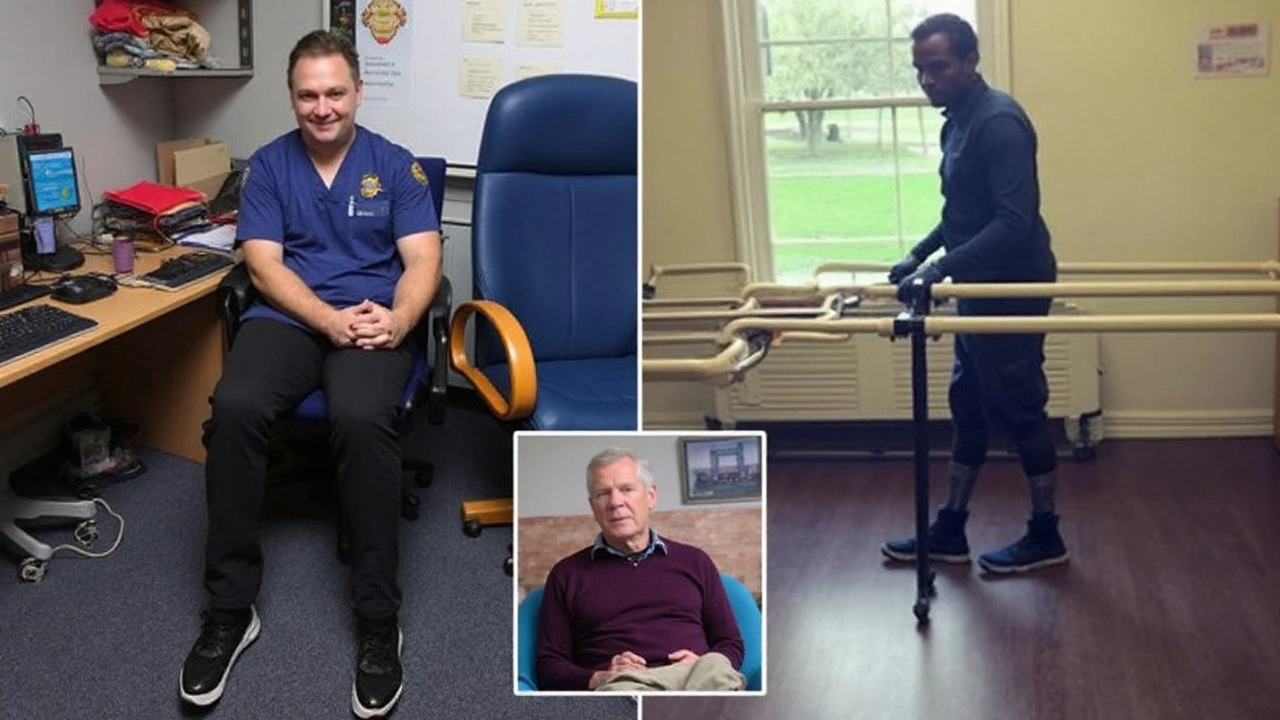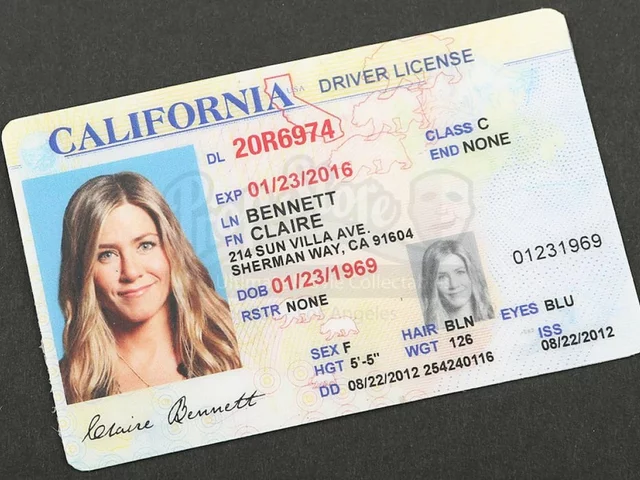Self‑Amputation: What It Is and Why It Matters
When talking about Self‑Amputation, the deliberate removal of one’s own body part, often under extreme distress or mental health crisis. Also known as voluntary limb removal, it sits at the intersection of medicine, law, and personal autonomy.
Key Aspects and Related Fields
One of the first issues that comes up is Medical Ethics, the study of moral principles that apply to the practice of medicine. This field asks whether a doctor should ever assist in a self‑amputation, what consent looks like, and how to balance patient autonomy with professional responsibility.
Another crucial piece is Emergency Care, the immediate medical response to life‑threatening situations. First responders need clear protocols: control bleeding, prevent infection, and decide if transport to a trauma center is warranted. The speed and quality of that care can mean the difference between survival and fatal complications.
After the acute phase, many people turn to Prosthetics, custom‑made artificial limbs that restore function and mobility. Modern prosthetic technology offers not just basic support but advanced myoelectric options that respond to muscle signals, allowing users to regain a surprising amount of independence.
Beyond the physical side, Psychological Impact, the mental and emotional consequences following a self‑amputation event, is often the most lasting challenge. Anxiety, depression, or post‑traumatic stress can surface, making counseling and long‑term mental health support essential components of recovery.
These entities interlock in clear ways: Self‑amputation raises medical‑ethical dilemmas, which shape emergency‑care protocols; effective emergency care creates a foundation for successful prosthetic fitting; and both physical outcomes influence the psychological healing process. In other words, the whole journey is a chain of cause and effect.
Practical concerns also appear. Blood loss is the most immediate danger, so tourniquets and pressure dressings are standard first‑aid tools. Infection risk drives the need for antibiotics and sterile wound care. Pain management often involves both medication and nerve‑block techniques, while rehab programs focus on strength, balance, and adapting to a new body image.
Legal frameworks differ by country, but most jurisdictions classify self‑amputation as a medical emergency rather than a criminal act, provided there’s no foul play. However, doctors may still face professional board reviews if they participate, underscoring the weight of medical‑ethical guidelines.
From a societal angle, stories of self‑amputation appear in media ranging from news reports to film. These narratives can either stigmatize the act or spark discussions about mental‑health resources, highlighting the role of public awareness in preventing extreme outcomes.
Technology continues to shift the landscape. 3‑D printing allows rapid prototyping of prosthetic sockets, cutting wait times from months to weeks. Meanwhile, virtual reality therapy offers new ways to address the psychological impact, giving patients a safe space to process their experience.
When you combine all these strands—ethical debate, emergency response, prosthetic innovation, and mental‑health care—you get a holistic picture of what self‑amputation really entails. Understanding each piece helps families, caregivers, and professionals navigate a deeply complex situation.
Below you’ll find a curated mix of articles that touch on related topics, from the legal nuances of extreme medical decisions to the latest in prosthetic design and mental‑health strategies. Whether you’re looking for factual guidance, personal stories, or cutting‑edge research, the collection offers a broad view of the subject.
Keep reading to discover practical advice, real‑world examples, and expert insights that can inform your perspective on this challenging and often misunderstood issue.

Insurance Fraud case: Surgeon accused of self-amputation and ties to 'Eunuch Maker' network
Vascular surgeon Neil Hopper, 49, has been charged with two counts of fraud and encouraging grievous bodily harm. Prosecutors say he self-amputated his legs to claim nearly £500,000, then told insurers sepsis was to blame. He is also accused of buying extreme amputation videos and urging 'Eunuch Maker' ringleader Marius Gustavson to harm others. Hopper is in custody; the hospital has set up a patient hotline.
Read More


